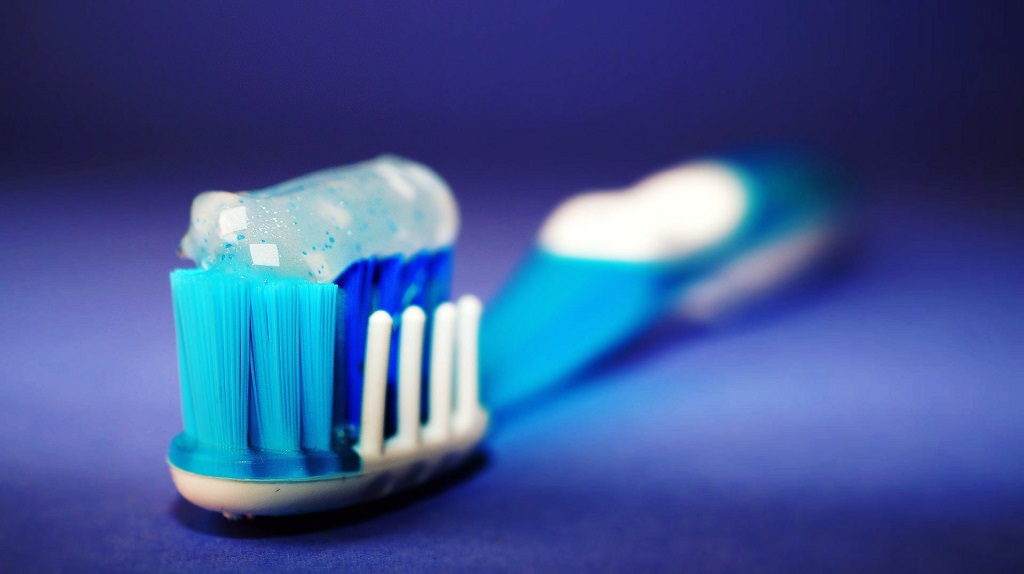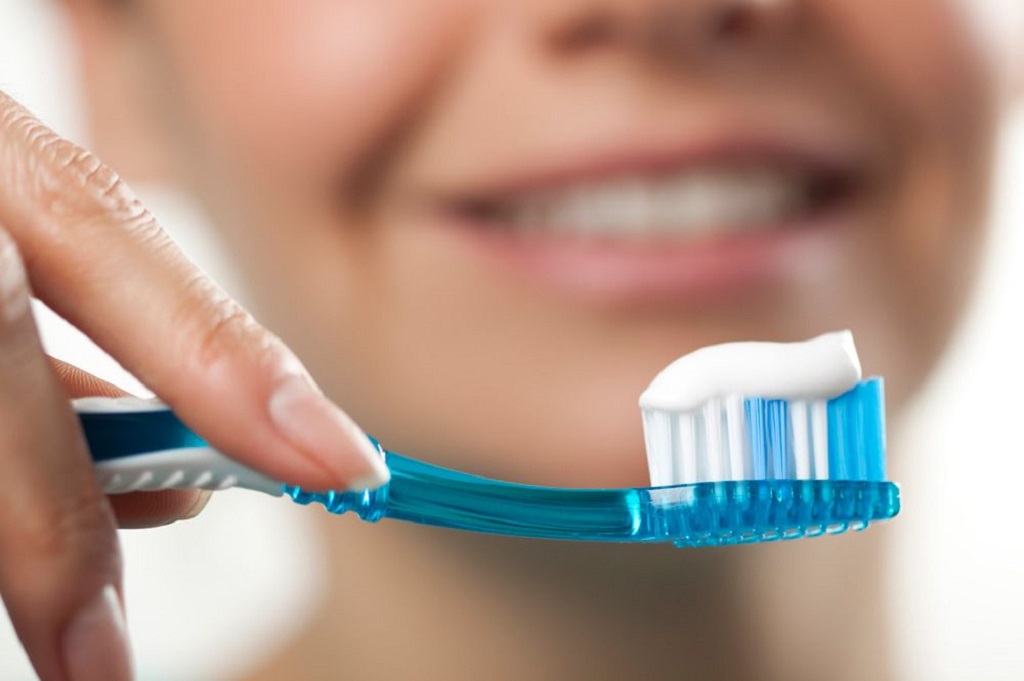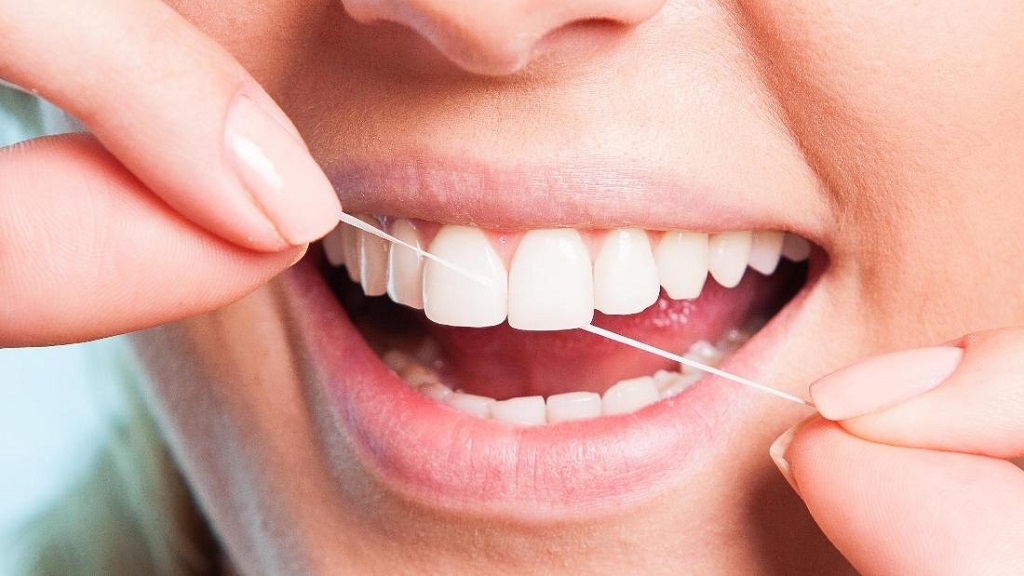
23 Sep Can Toothpaste Prevent Cavities and Gum Disease?
Have you ever wondered if your toothpaste is doing more than just freshening your breath and giving you that minty feeling in the morning? Well, the good news is that toothpaste can play a vital role in preventing cavities and gum disease. In this article, we’ll dive into the science behind toothpaste and its impact on your oral health. So, grab your toothbrush, and let’s get started on this journey to healthier teeth and gums.
Understanding the Basics: What Causes Cavities and Gum Disease?
Before we discuss how toothpaste can help, it’s essential to understand what causes cavities and gum disease. These oral health issues are primarily the result of plaque buildup on your teeth and along your gumline. Plaque is a sticky film of bacteria that forms on your teeth, and if left untreated, it can lead to tooth decay and gum problems.
The Role of Toothpaste in Fighting Plaque
Now, let’s talk about how non gel toothpaste comes into play. Toothpaste contains several key ingredients that work together to combat plaque and promote oral health.
1. Fluoride: The Cavity Fighter
Fluoride is one of the most crucial components of toothpaste. It strengthens tooth enamel, making it more resistant to acid attacks from bacteria in your mouth. This mineral helps prevent cavities and can even reverse early stages of tooth decay.
2. Antibacterial Agents
Many toothpaste brands incorporate antibacterial agents like triclosan or zinc to combat the harmful bacteria responsible for gum disease and bad breath. These agents help maintain a healthy balance of bacteria in your mouth.
3. Abrasives for Mechanical Cleaning
Toothpaste contains mild abrasives, such as silica or calcium carbonate, which aid in mechanically removing plaque and surface stains from your teeth. This is what gives you that smooth, clean feeling after brushing.
Choosing the Right Toothpaste
When selecting toothpaste, it’s crucial to consider your specific oral health needs. If you’re prone to cavities, a fluoride-rich toothpaste might be your best choice. On the other hand, if gum disease is a concern, look for a toothpaste with antibacterial properties.
The Proper Brushing Technique
Using toothpaste effectively also depends on how you brush your teeth. Here’s a quick guide to ensure you’re getting the most out of your toothpaste:
1. Use the Right Amount
A pea-sized amount of toothpaste is all you need. Using too much won’t provide any extra benefits and might lead to excessive foaming.
2. Brush for Two Minutes
To ensure thorough cleaning, brush your teeth for a full two minutes. Use gentle, circular motions and pay attention to all surfaces of your teeth, including the front, back, and chewing surfaces.
3. Don’t Forget Your Tongue
Your tongue harbors bacteria too. Gently brush your tongue or use a tongue scraper to keep your breath fresh.
Beyond Toothpaste: Other Oral Care Practices
While toothpaste is essential for maintaining oral health, it’s not the only factor to consider. Here are some additional steps you can take:
1. Regular Dental Checkups
Visit your dentist for regular checkups and professional cleanings. They can identify any potential issues early and provide guidance on maintaining a healthy smile.
2. Floss Daily
Flossing helps remove plaque and food particles from between your teeth, where toothbrushes can’t reach effectively.
3. Maintain a Balanced Diet
Eating a diet rich in fruits, vegetables, and low in sugary snacks can contribute to better oral health.
In conclusion, toothpaste is indeed a powerful ally in the fight against cavities and gum disease. Its fluoride content, antibacterial agents, and mild abrasives all work together to keep your teeth and gums healthy. However, it’s essential to remember that toothpaste alone is not a magic solution. Proper brushing techniques, regular dental checkups, and other oral care practices are equally important. So, keep up with your oral hygiene routine, and you’ll be on your way to a beautiful, healthy smile.
FAQs
- Can any toothpaste prevent cavities and gum disease?
Not all toothpaste is created equal. Look for toothpaste that contains fluoride and antibacterial agents to maximize your cavity and gum disease prevention.
- Is it necessary to use a specific type of toothpaste to prevent gum disease?
While specific toothpaste formulated for gum health can be beneficial, any toothpaste with fluoride and antibacterial properties can help in preventing gum disease.
- How often should I brush my teeth?
It’s recommended to brush your teeth at least twice a day, in the morning and before bedtime, for two minutes each time.
- Can I rely solely on toothpaste for oral health?
No, toothpaste is just one part of a comprehensive oral care routine. Regular dental checkups, flossing, and a balanced diet also play significant roles in maintaining oral health.
- Are there any side effects of using fluoride toothpaste?
When used as directed, fluoride toothpaste is safe and effective. However, swallowing large amounts of toothpaste can lead to fluoride toxicity, so be sure to spit it out after brushing.



Sorry, the comment form is closed at this time.